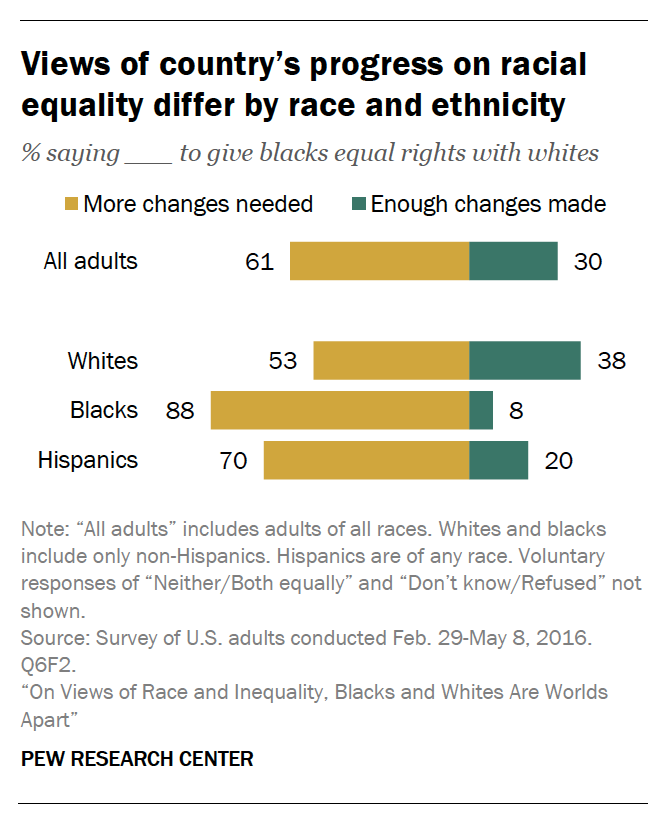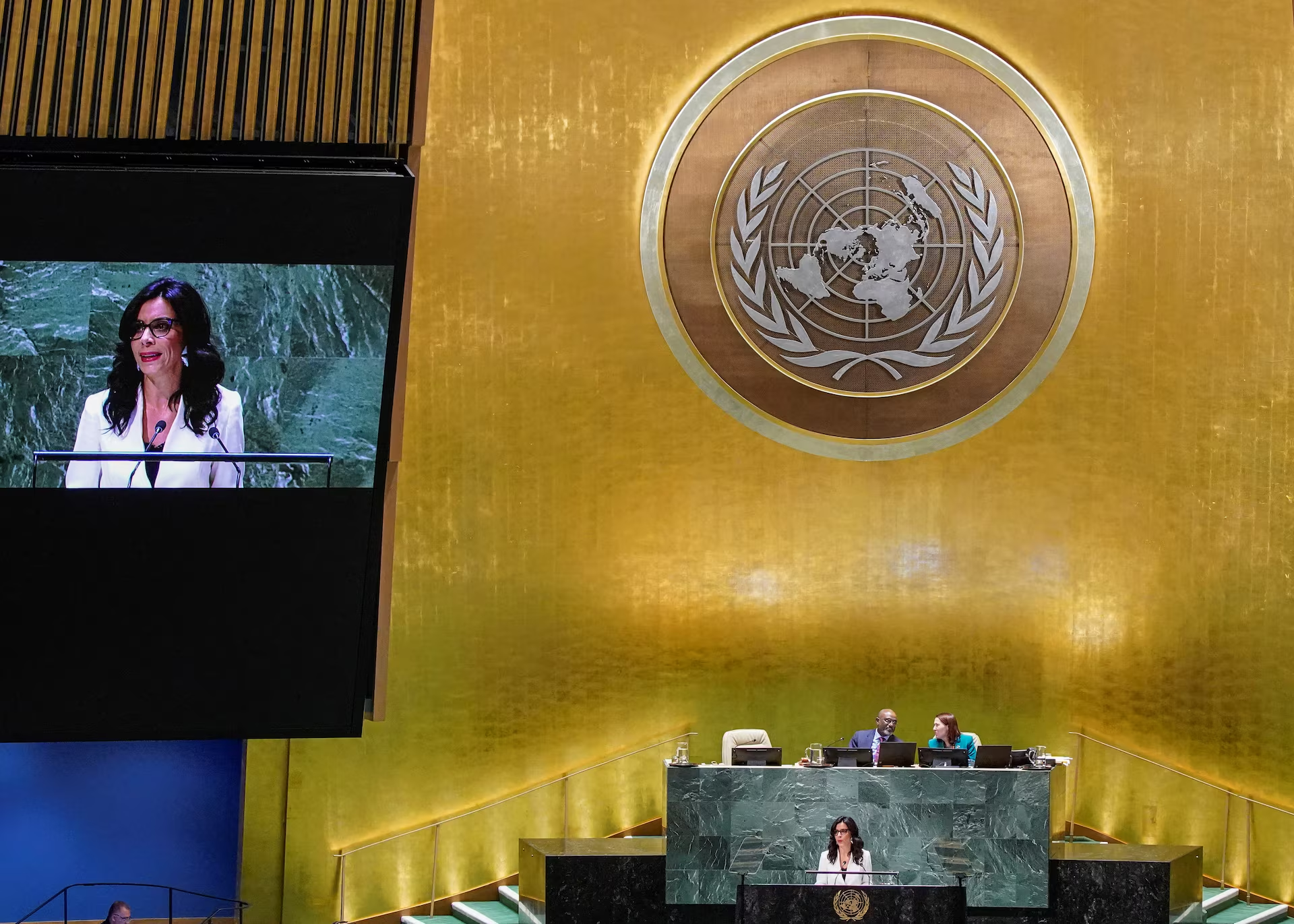The Trump era has left a devastating mark on American credibility, drastically shifting global perceptions and fueling an anti-China sentiment that has reached an astounding 73% disapproval rate among Americans. This alarming statistic reflects not just a political failing but a profound disconnection from the realities of international relations and the pressing need for solidarity in a world increasingly threatened by climate change and environmental degradation.
Trump"s Legacy of Isolation and Division
Under the Trump administration, the United States witnessed a significant erosion of its standing on the global stage. According to Pew Research Center, America"s reputation suffered unprecedented damage, undermining alliances and emboldening adversaries like Russia and China. The stark shift from a collaborative international approach to a more isolationist stance has made it difficult for the U.S. to advocate for critical issues, including climate action, which requires global cooperation.
China"s Rising Influence Amidst U.S. Turmoil
The perception of China among Americans has soured dramatically, reflecting a toxic narrative fueled by political rhetoric rather than grounded policy analysis. As reported by Carnegie Endowment for International Peace, this increased disapproval comes despite minimal changes in China"s actual policies toward the U.S. The demonization of China in American media oversimplifies a complex relationship and distracts from the urgent need for collaborative efforts to tackle shared challenges, particularly in the realm of environmental sustainability.
\n\n
Black And White Americans Are "Worlds Apart" On Views Of Race ...
The Role of Young Athletes in Bridging Divides
Amidst these political tensions, figures like Eileen Gu, who represented China at the 2022 Winter Olympics, have emerged as unexpected symbols of potential unity. Gu"s choice to compete for China stems from her desire to inspire young people and foster communication between nations. However, rather than celebrating her intention, American media fixated on her citizenship status, demonstrating a narrow-minded approach to a broader narrative of shared humanity. This focus on division rather than unity highlights the urgent need for a shift in perspective that embraces multicultural identities as bridges rather than barriers.
Environmental Implications of Political Divisions
The growing rift between the U.S. and China has severe implications for global environmental policy. The failure to collaborate on climate initiatives undermines efforts to combat the climate crisis, which knows no borders. As nations prioritize tribalism over shared responsibility, the consequences become dire, with vulnerable populations disproportionately affected by environmental degradation. The climate crisis is not a zero-sum game; it demands collective action that transcends political divisions.
\n\n
Inside the U.N. General Assembly - September 22, 2023 | Reuters
A Call for a New Kind of Solidarity
In a time when the world needs cooperation more than ever, the need for a new narrative is critical. The ongoing struggle for environmental justice must include voices from all backgrounds, recognizing that marginalized communities are often on the frontlines of climate impacts. The push for accountability should not only focus on political leaders but also on fostering connections among individuals who believe in a shared future. It is essential to amplify stories that emphasize solidarity over division, showcasing how diverse identities can come together to create meaningful change.
The current geopolitical climate, exacerbated by the previous administration"s policies, has set the stage for a pivotal moment in history. The decisions made today will determine the course of international relations for generations to come, especially in addressing the climate crisis. As we move forward, it is imperative to challenge narratives that pit nations against each other and instead advocate for a united front that prioritizes the health of our planet and the well-being of its inhabitants.







![[Video] Gunfire between Iraqi security forces and Sadr militias in Baghdad](/_next/image?url=%2Fapi%2Fimage%2Fthumbnails%2Fthumbnail-1768343508874-4redb-thumbnail.jpg&w=3840&q=75)
